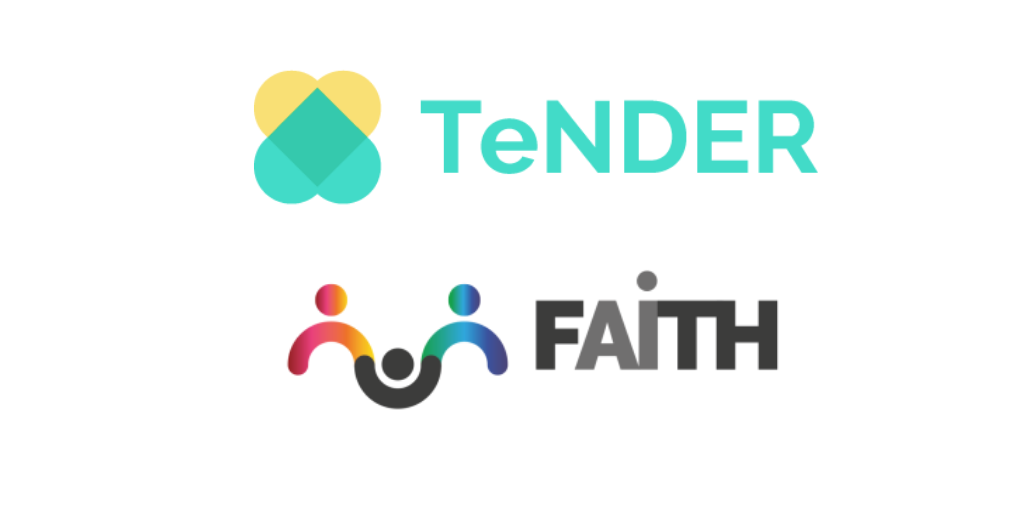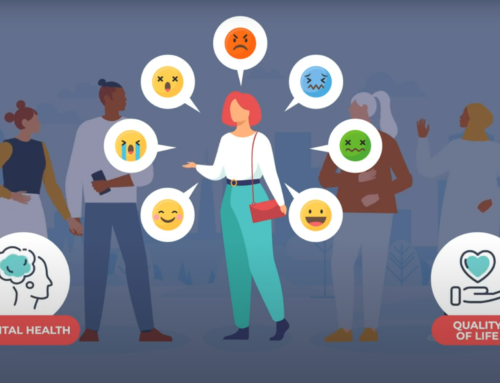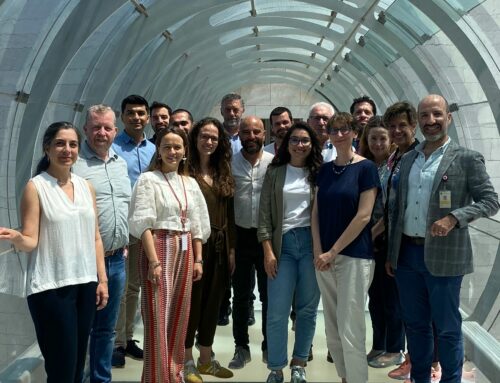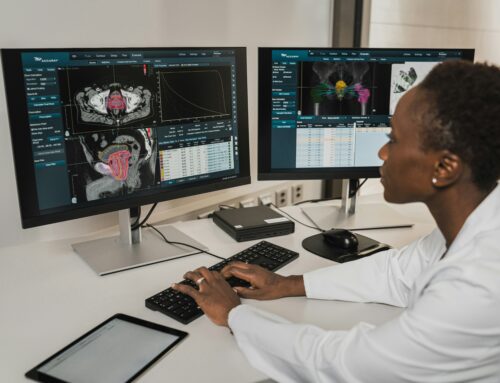The European Union’s Framework for Research and Innovation (Horizon 2020) funds projects that not only meet rigorous research standards, but also strive to address societal challenges. Each of these projects include partners from diverse sectors and hail from different disciplines. For example, they range from the social sciences and humanities to the medical sciences.
TeNDER and FAITH both fall under the latter category. For the next three years, they will pilot assistive technologies supporting the quality of life of different types of patients.
TeNDER: an integrated care model to manage multi-morbidity
TeNDER will pilot an integrated care approach for people affected by Parkinson’s disease, Alzheimer’s (and other forms of dementia), and cardiovascular disease. Using familiar and accessible tools and applications, TeNDER will help patients stay connected and feel safe in their environments. For example, health bands that monitor vitals and affective recognition software will alert a patient’s health and social care system to potential or ongoing health crises.
Other services will assist patients in their day-to-day lives. This may mean, for example, helping them connect to local pharmacies, to cleaning and food delivery services, and so on. TeNDER does not replace patients’ contact with those who surround them. Rather, it helps link their environment to support their independence.
FAITH: intelligent post-cancer support with Artificial Intelligence
Harnessing the potential of Artificial Intelligence, FAITH will develop and pilot an application that identifies and analyses depression markers in people that have undergone cancer treatment. The project’s primary goal is to help patients be more aware of their mental health situation. This allows them the possibility to improve their quality of life.
FAITH will collect and monitor a range of health indicators. By analysing them, FAITH can infer information about the mental status of a person in a non-intrusive way. However, it does not aim to replace clinicians at all. Rather, it works in support of clinicians, providing them an additional tool for their practice.
Supporting quality of life
Over the course of three years, TeNDER and FAITH will work to support the quality of life of different types of patients in diverse settings. Both consortia also aim to make their approaches fit for widespread implementation. This way, they can benefit patients beyond the scope of the project. We look forward to collaborating throughout this undertaking to amplify our voices and support each other’s aims for the benefit and health of patients throughout the EU.




